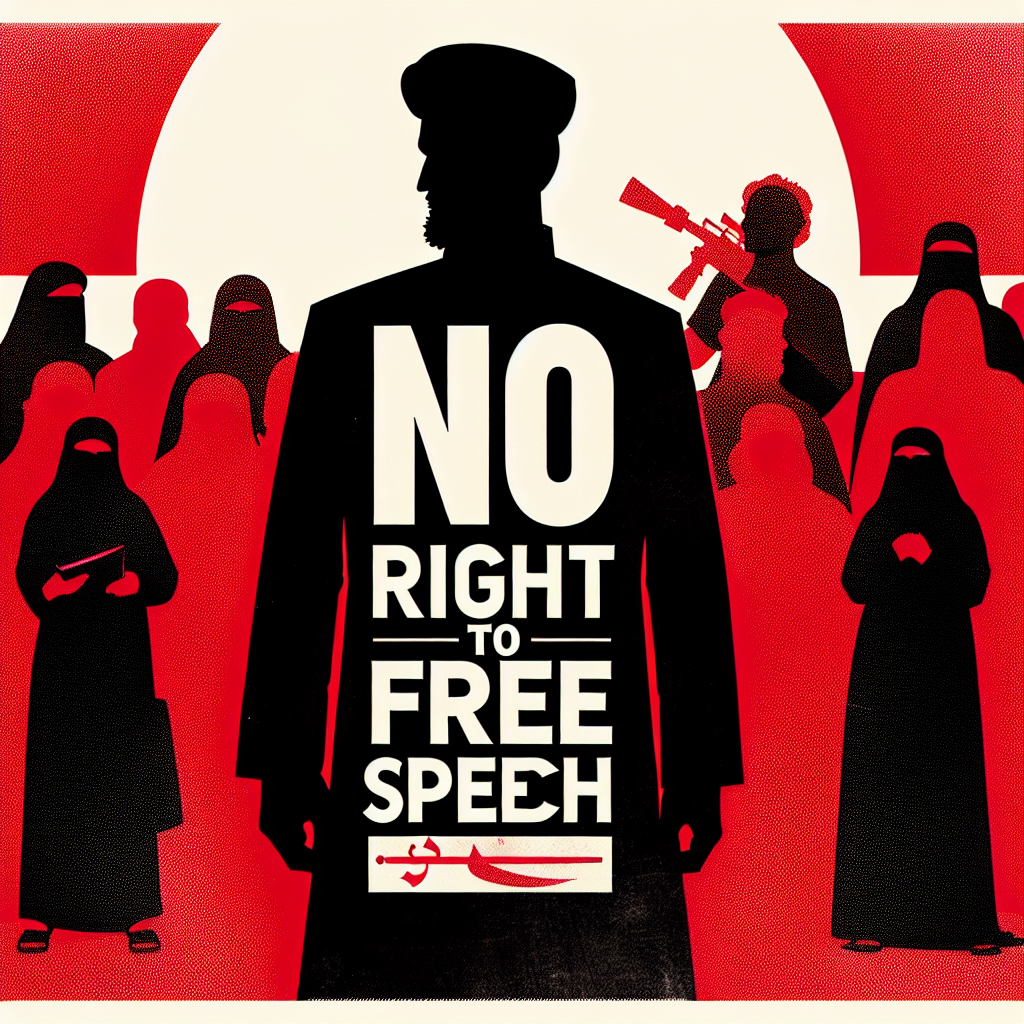Minnesota Governor Tim Walz's Controversial Take on Free Speech: Examining the Impact of Misinformation Policing

Minnesota Governor Tim Walz's Controversial Take on Free Speech
Walz's View on First Amendment Protections
In 2022, Tim Walz, the running mate of Kamala Harris, made a controversial statement regarding free speech. The Democrat Minnesota governor suggested that the First Amendment should not protect speech that the government deems as "misinformation".
Walz's Comments on an MSNBC Discussion
Walz expressed his views during a discussion on MSNBC in December 2022. He argued that statements such as "mail-in ballots aren't legal" constitute voter intimidation. "Years ago, it was the little things. Telling people to vote the day after the election, and we kind of brushed them off," Walz said. "Now we know it’s intimidation at the ballot box. It’s undermining the idea that mail-in ballots aren’t legal. I think we need to push back on this.”
Walz's Further Remarks on Free Speech
Walz further stated, “There’s no guarantee to free speech on misinformation or hate speech, and especially around our democracy. Tell the truth.”
Public Reaction to Walz's Views
Walz's stance on free speech has been met with concern, particularly among conservatives. Many fear that if he and Kamala Harris were to take office, they would target the free speech platform owned by Elon Musk, known as X. Several critics have labeled Walz as a radical far-left Communist.
Questioning the Government's Role in Determining Misinformation
One of the key lessons from the COVID pandemic has been the realization that the establishment cannot be trusted to accurately determine what constitutes "misinformation". Critics argue that their censorship efforts are guided by covert power-hungry motives.
Twitter Reactions to Walz's Comments
Several users on Twitter expressed their concerns about Walz's views. Some feared a full communist takeover if Kamala Harris were to win the election, while others criticized the government's role in spreading misinformation. Some users also questioned the potential bias of misinformation experts in determining valid speech.
Bottom Line
Walz's comments on free speech and misinformation have sparked a heated debate about the role of the government in regulating speech and determining what constitutes misinformation. This raises important questions about the balance between protecting free speech and preventing the spread of harmful misinformation. What do you think about this issue? Do you believe the government should have the power to regulate speech deemed as misinformation? Share your thoughts and this article with your friends. Remember, you can sign up for the Daily Briefing, which is delivered every day at 6pm.

















